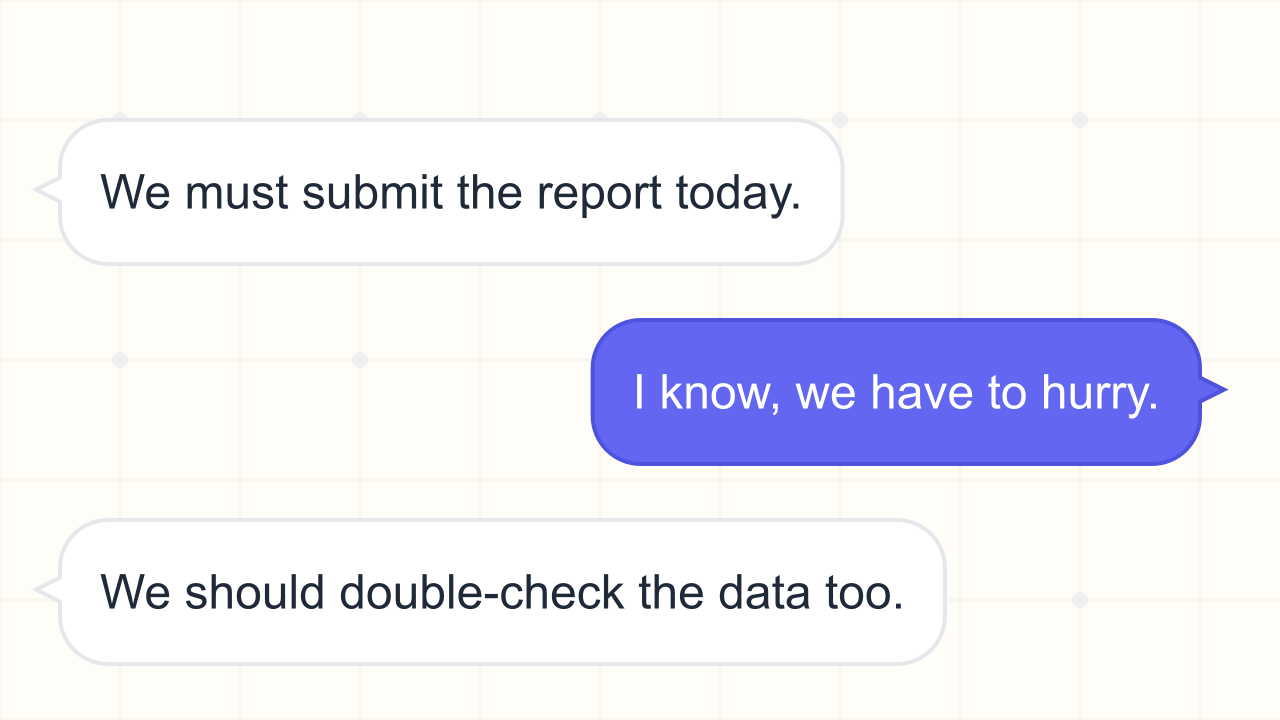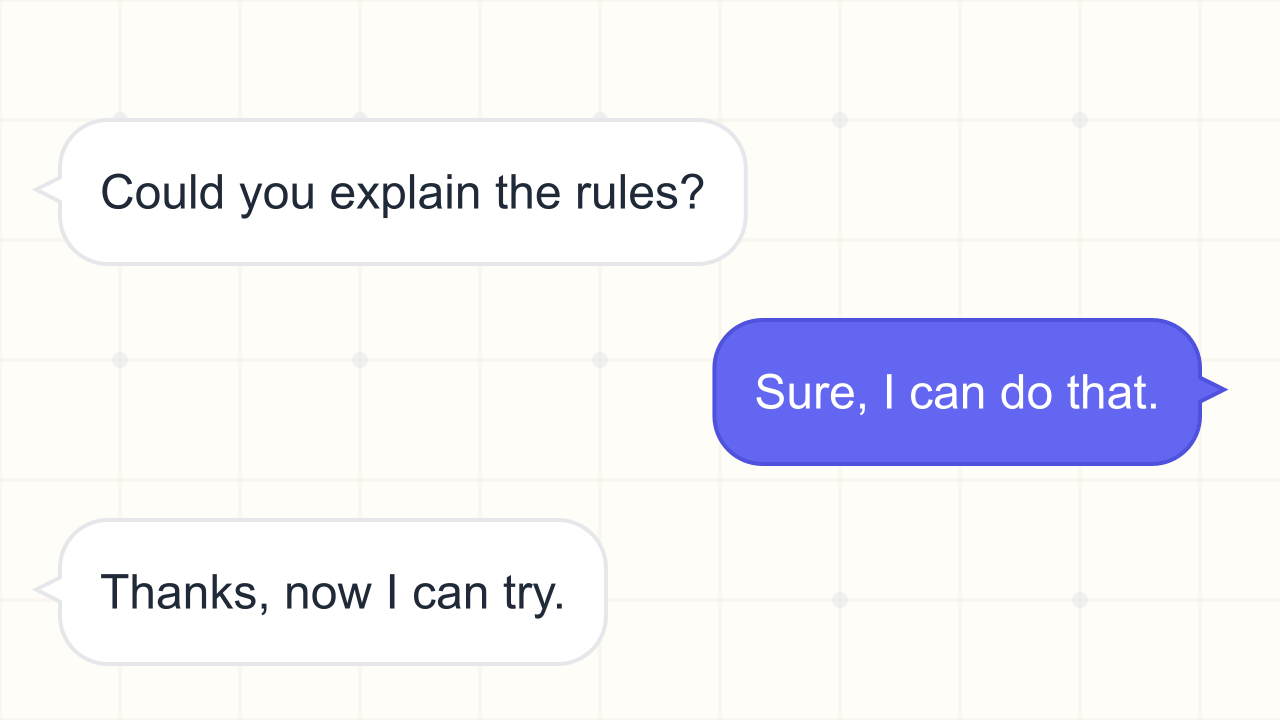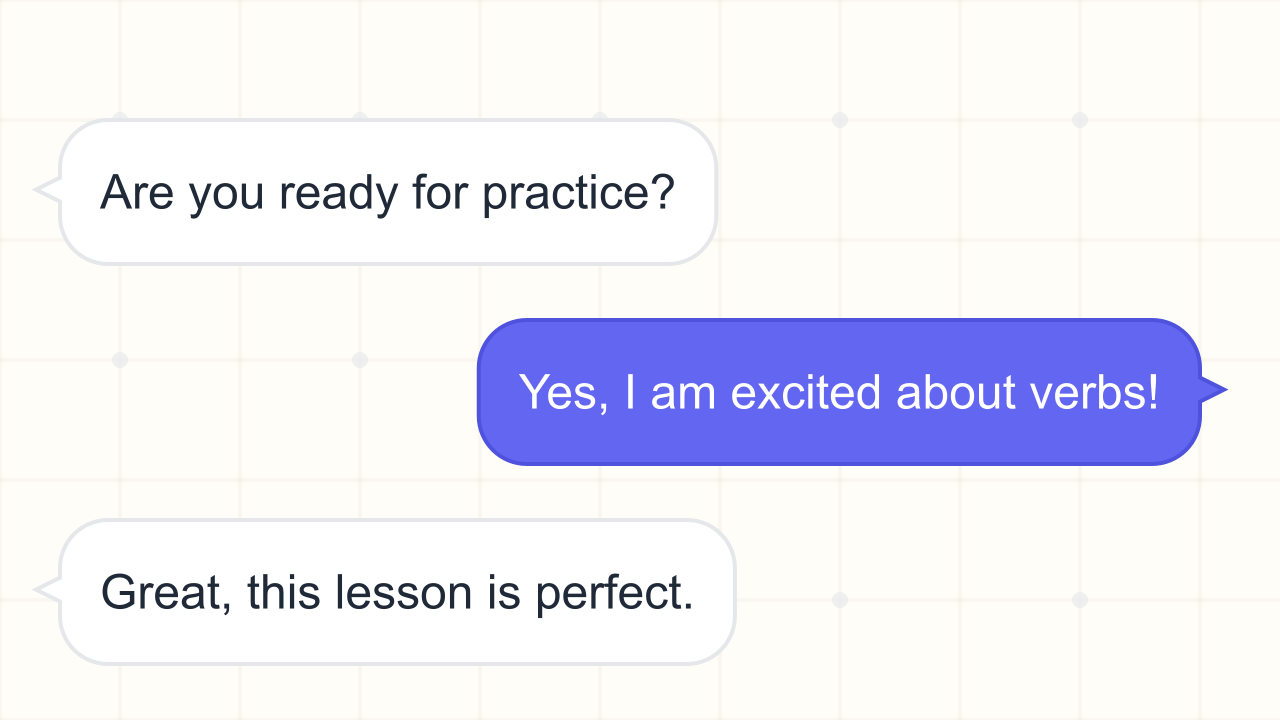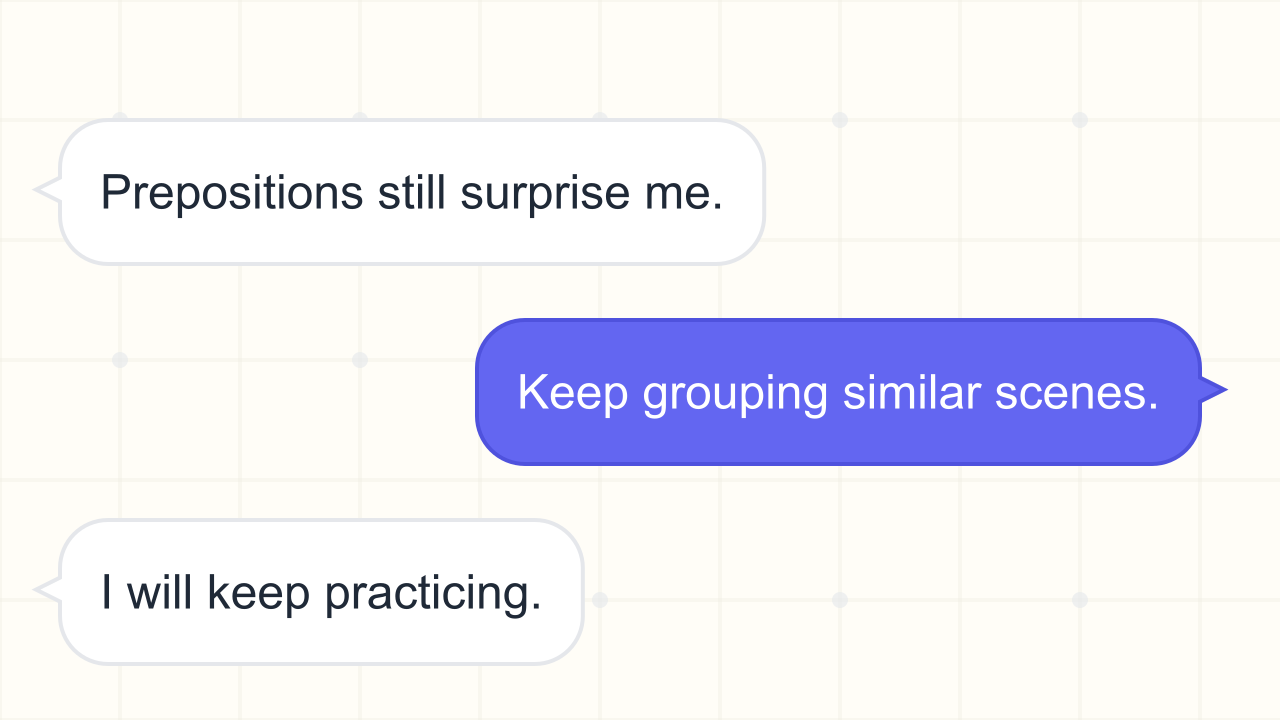Modal Verbs of Permission (may, can, could) grammar Exercise
Practise choosing “may”, “can”, or “could” to ask for permission, give consent, or describe rules politely.
Exercise Guide
How to complete:
Read each paragraph and decide which modal verb best fits each blank based on the formality and time of the situation.
- Use “may” for formal permission, “can” for informal permission, and “could” for polite or tentative requests.
- Notice whether the speaker is asking, granting, or denying permission.
- Look for context clues such as workplace rules, polite language, or casual conversations.
Success tips:
- Questions in formal settings often use “may” or “could”, while friends often choose “can”.
- “May” sounds official or authoritative; “could” softens the request.
- Use “may not” for formal refusals and “cannot” or “can’t” for firm, informal rules.
- Imagine the tone of voice—polite, casual, or strict—to guide your choice.
Knowledge:
English offers several modal verbs to manage permission. “May” carries a formal, official tone, “can” sounds direct and casual, while “could” strikes a polite, softer balance. Mastering these choices helps you sound respectful in any context.
In meetings, classrooms, or emails, subtle differences matter. These exercises highlight when a request should be tentative, when a rule needs to sound firm, and how you can vary your language to match the situation.
Complete the Exercise
Paragraph 1
Paragraph 2
Paragraph 3
Paragraph 4
Paragraph 5
Paragraph 6
Paragraph 7
Paragraph 8
Paragraph 9
Paragraph 10
Paragraph 11
Paragraph 12
Paragraph 13
Paragraph 14
Paragraph 15
Paragraph 16
Share this exercise
Help others learn grammar by sharing this exercise
Related Exercises

Modal Verbs of Obligation (must, have to, should)
Practise choosing “must”, “have to”, or “should” to express obligation, necessity, and recommendations in real-life contexts.

Modal Verbs of Ability (can, could)
Practise selecting “can” or “could” to express ability, requests, and possibilities in everyday situations.

To Be: Is, Am, Are
Practise choosing the correct form of the verb “to be” — is, am, or are — in present simple sentences about people, places, and things.

Have got vs has got
Practise choosing between "have got" and "has got" to express possession, relationships, and characteristics accurately.

Prepositions Part 4
Challenge yourself with extended scenes that weave together direction, timing, tools, and placement so you can choose precise prepositions in complex contexts.